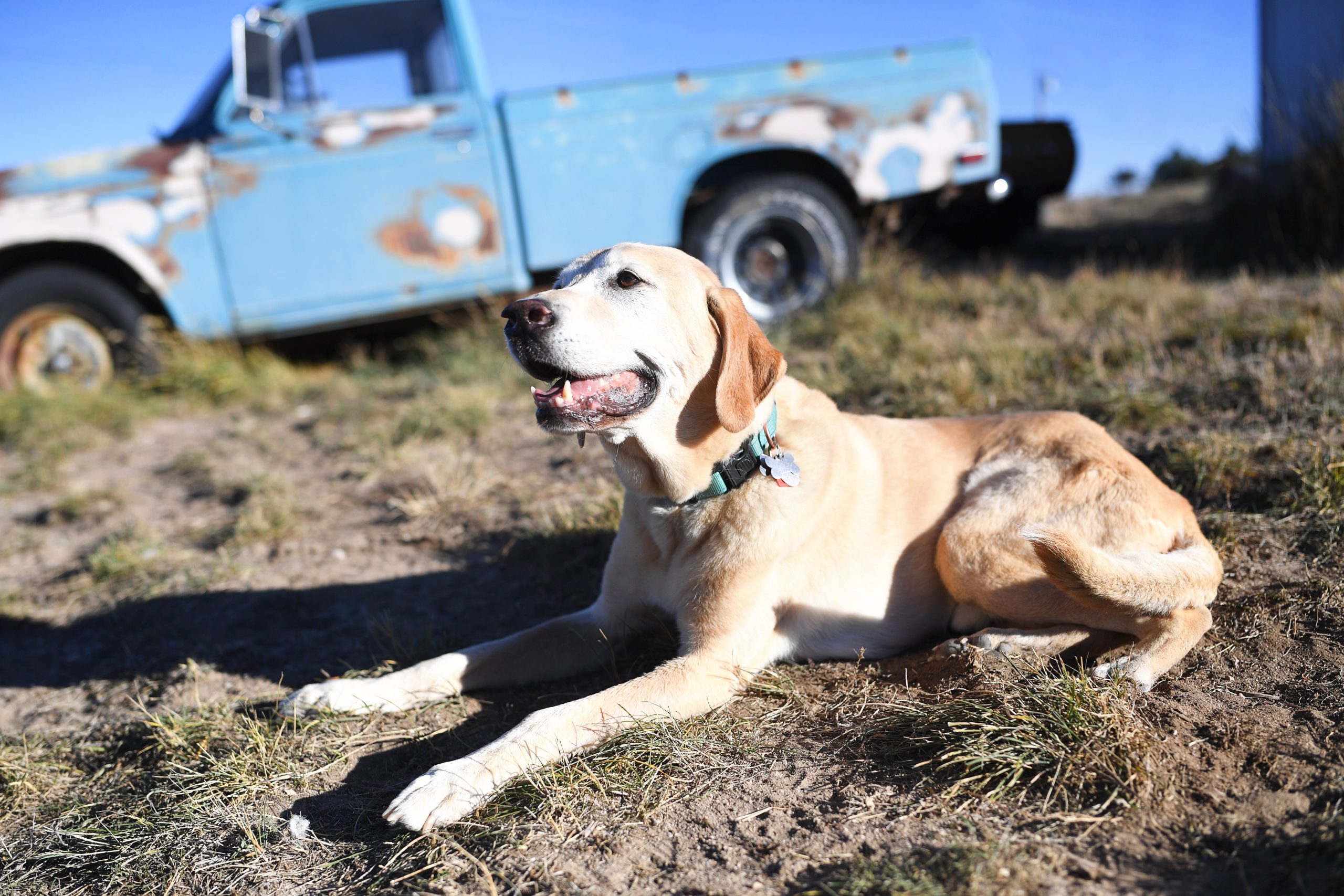Resources
What to expect when you bring your new dog home.
- During the first few days, your dog will likely be overwhelmed by their new surroundings
- During the first few weeks, your dog will start to settle in and get into a routine
- It will usually take a few months for your dog to fully feel like they are at home
- The 3-3-3 Rule and Bringing Home a Rescue Dog
First 30 Days
Before You Bring Your Dog Home ▼
First Day ▼
Following Weeks ▼
Training Tips ▼
Food/Vetting Resources ▼

Are you interested in adopting a pup?
Fill out our Adoption Application!
